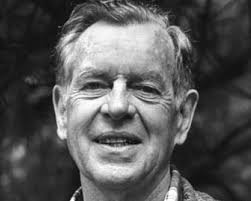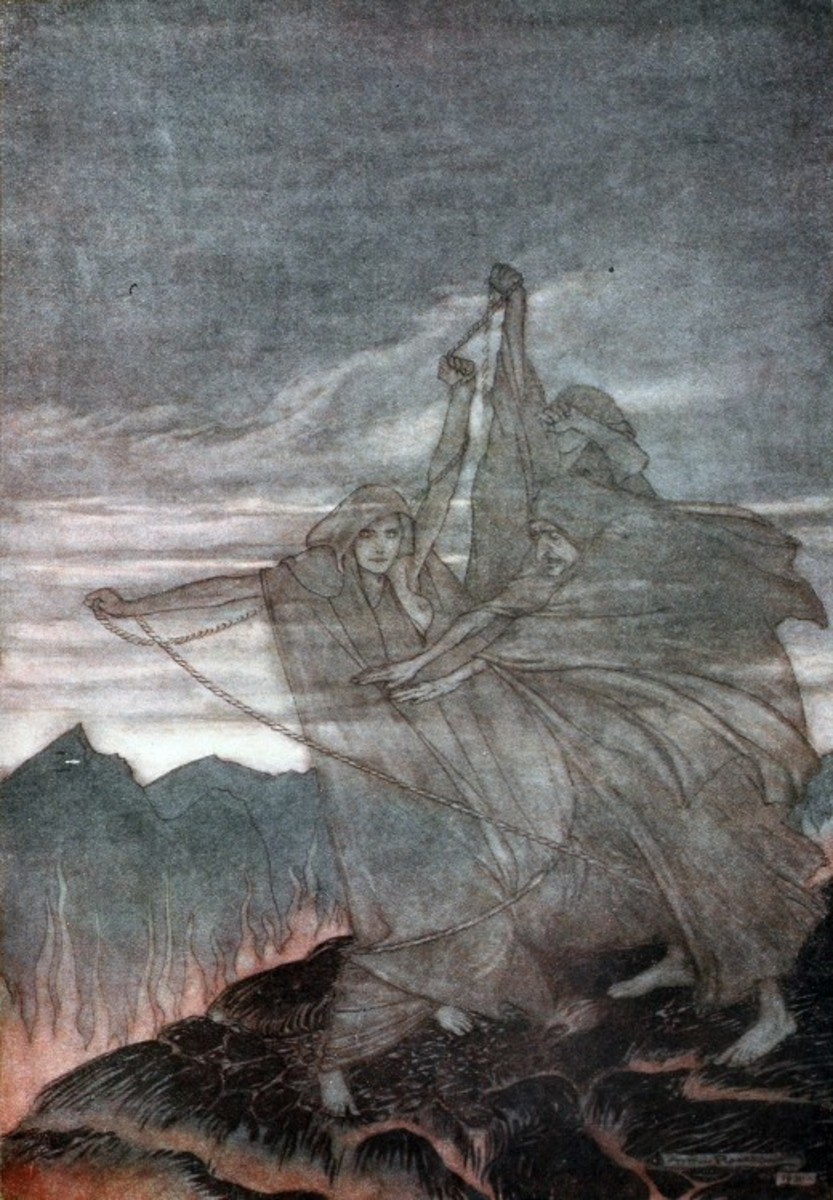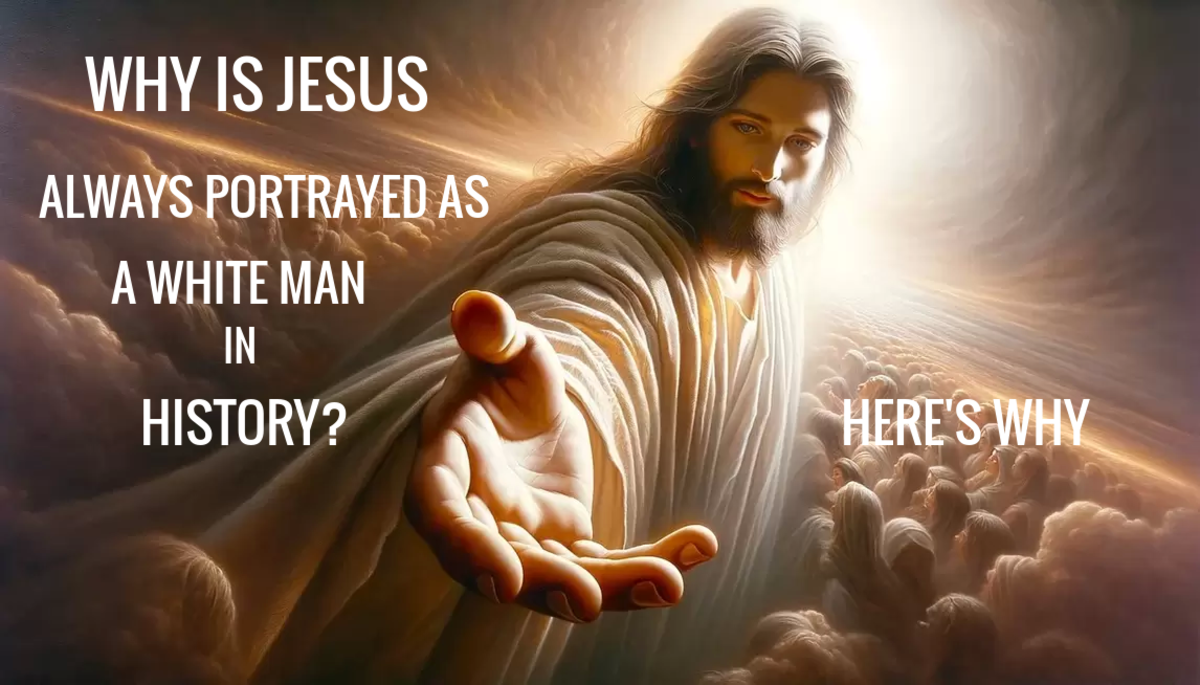We, the Myth Makers

Myths and Us
We human beings are myth-makers. As far as we know, no other species on Earth creates myths, although we don't have evidence to prove other animals can or cannot make myths. But, since we stepped out of Africa some 1.5 million years ago and evolved into what we are today, Homo sapiens, we have created millions of myths and metaphors that guided, inspired, and defined us and our civilizations and cultures right to this moment. Without our ability to create myths our existence today could be debatable; indeed, myths are what help make us human.
However, many myths that were once our lighthouses have either been destroyed or weakened as our knowledge of the Universe excels exponentially. Ironically, as our scientific ability increases and improves, myths once sacred often become quaint stories that we consider interesting but untrue. The problem is since myths are vital to our existence in terms of guidance, inspiration, and definition, with what do we replace the ones devalued?
Added to the devaluation of myths is our attitude about myths. We have a tendency to see myths as untrue, fanciful, or akin to fairy tales, which are also within the realm of myths. We teach this attitude toward myths to our children, and they grow to disregard myths altogether. Even though public schools often touch upon myths as part of English language arts, there is usually no depth to the lessons; and if time is short, teachers drop them in favor of more important topics. However, teaching mythology is vastly important, and ignoring them is tantamount to ignoring grammar.
Indeed, everything discussed above is extremely bold. What authority says myths are that important to our lives and civilizations, to our cultures, and to our very definition of who and what we are?
MYTHS AMONG US
Can we define myth? It's harder than one believes in that most definitions are not objective; usually, in whatever way we interpret a myth it is correct, at least to us individually. Consider these from dictionary sources:
- an idea or story that is believed by many people but that is not true
- a story that was told in an ancient culture to explain a practice, belief, or natural occurrence
- such stories as a group
- a usually traditional story of ostensibly historical events that serves to unfold part of the world view of a people or explain a practice, belief, or natural phenomenon
- a popular belief or tradition that has grown up around something or someone; especially : one embodying the ideals and institutions of a society or segment of society seduced by the American myth of individualism. — Orde Coombs, author, and editor.
- an unfounded or false notion
- a person or thing having only an imaginary or unverifiable existence
The list of definitions of myth seem legion, but all of them reflect personal points of view of the definers. Here's mine, for what it's with, and the one I'll explore in this essay: A myth is my point of view of occurrences in life that defy empirical evidence but nonetheless have elements suggestive of truth. What, then, is the difference between myth and opinion. Perhaps the difference is that opinions can be and often are easy to prove right or wrong, but myths are not so easy to deny because they are layered with meaning. For example, the Vietnam War happened; it is a fact. My opinion of the war is that America had no business participating in the war. Where's the myth? The North Vietnamese were not communists so much as they were patriots defending their country against foreign invaders. Although an aspect of that myth is opinion-like, the keyword patriot makes it a myth.
Indeed, the mythology surrounding the word patriot is overwhelming. Does it simply mean love of one's country? The topography? The food? The institutions? The government? Or, as George Bernard Shaw said, "Patriotism is your conviction that this country is superior to all other countries because you were born in it." Nailing "patriot" onto something tangible is impossible because it means entirely different things to different people. Thus, it takes on mythical proportions.
Now, Joseph Campbell, the celebrated researcher, writer, and lecturer of comparative mythology, believed that people could not understand their individual lives without mythology to aid them. By recalling the significance of old myths, he encouraged awareness of them and the creation of myths for the contemporary age.
June 21, 1988, Bill Moyers began a series of interviews with Joseph Campbell on The Power of Myth. The series is fascinating and extremely informative. Watch and enjoy.



